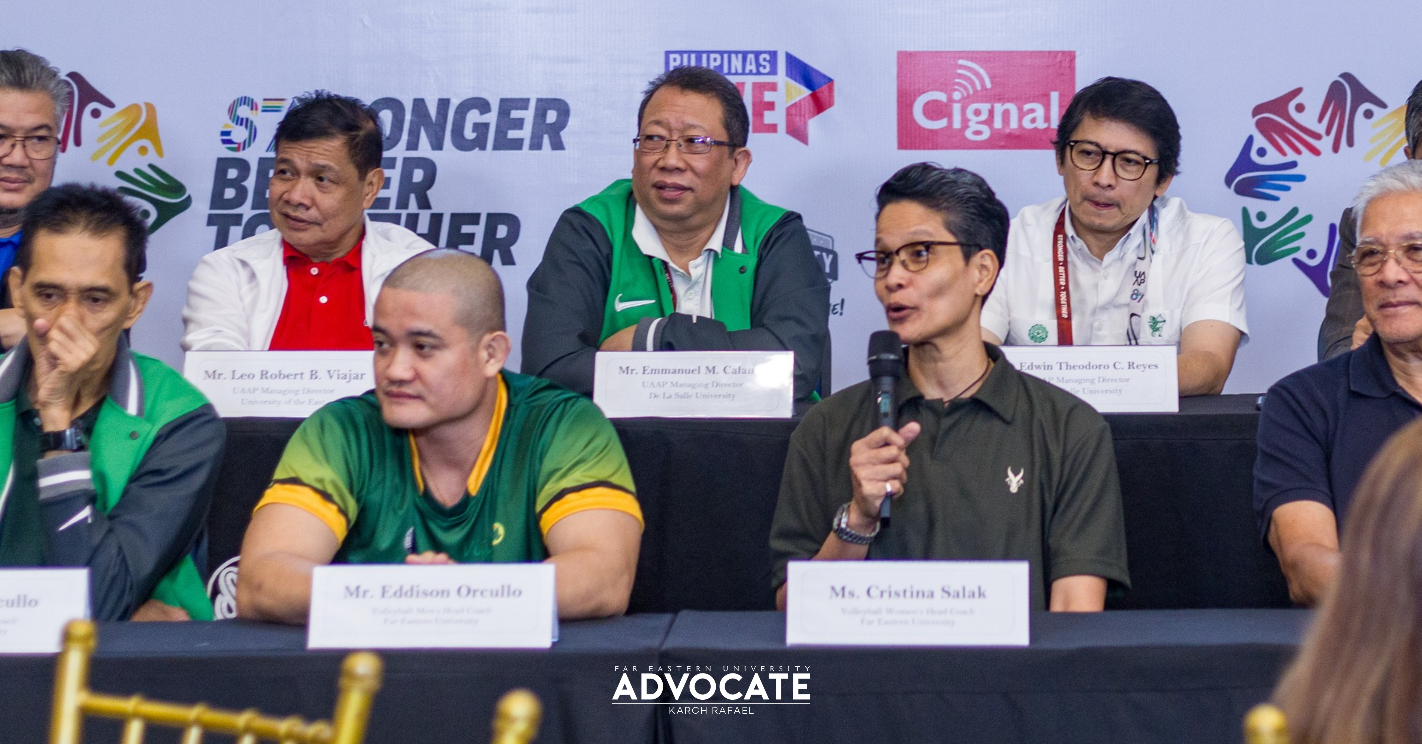
Research fellow among 2 FEU alumni in World’s Top 2% Scientists list
- October 02, 2025 10:05
FEU Advocate
July 27, 2025 19:02

By Shayne Elizabeth T. Flores
Following the Supreme Court’s (SC) decision to bar the ongoing impeachment proceedings against Vice President Sara Duterte, former Far Eastern University Institute of Law (FEU-IL) Dean Atty. Melencio ‘Mel’ Sta. Maria criticized the ruling’s grounds in a Facebook post yesterday, July 26.
In a session en banc last July 25, the SC declared the Articles of Impeachment as unconstitutional because it violated due process and was barred by the one-year rule in the 1987 Constitution.
The Constitution indicates that “impeachment proceedings cannot be initiated against the same official more than once within a period of one year,” with the SC clarifying that this one-year ban commences from the time an impeachment complaint is dismissed.
According to the ruling, the initial three impeachment complaints filed against Duterte last December were considered terminated when the House of Representatives (HOR) endorsed the fourth impeachment complaint last February 5, thus warranting the manifestation of the rule.
However, Sta. Maria asserted that initiating an impeachment requires both filing and referring of the case to the justice committee. Hence, the filing of the first three impeachment complaints cannot be considered as initiation since they were not forwarded to the justice committee.
“How could archiving or non-action (after the filing) up to the termination of day-to-day business of the 19th Congress be considered a cause for ‘dismissal’ when the necessary ‘referral’ to complete the ‘initiation’ stage did not happen?” the former FEU Law dean raised.
Therefore, he claimed that the initial complaints should not be deemed ‘dismissed’ because no impeachment proceedings were initiated in the first place until the fourth complaint.
In a separate post, Sta. Maria additionally underlined the SC’s usage of the term “functus officio,” which refers to when a mandate expires and an agency loses its former authority.
According to the SC, as quoted by Sta. Maria, “without the action of the 19th Congress and the change in membership of the 20th Congress due to the midterms election, the first three impeachment complaints are considered functus officio… The 10 session days required by the constitution is counted after the valid endorsement of the complaints, which were deemed dismissed because they became functus officio.”
On the other hand, the former FEU Law dean argued that the 19th Congress being declared functus officio only suggests that their power to refer the complaints has been abolished, consequently preventing any ‘initiation’ of the impeachment proceedings.
“Having become ‘functus officio,’ they cannot serve as the legal precursor of any referral. Their ineffectiveness prevented any referral. Consequently, it made any ‘initiation’ impossible. Without initiation, there is nothing to be ‘deemed dismissed’,” he stressed.
Given this, Sta. Maria believes that it would have been better for the SC to regard the three complaints as “mere scraps of paper” with no legal significance in order to preserve the House’s constitutional duty to proceed with the impeachment process.
“Is it not the prerogative of the HOR to precisely choose which mode is to be availed of? Was this constitutional power to choose unduly negated by the decision? Was the Supreme Court even empowered to inquire as to the wisdom of the chosen mode? Is the option not a completely HOR prerogative?” he questioned.
Meanwhile, the Senate stated that the impeachment court against the vice president would still proceed regardless of the SC’s decision, maintaining its independence from the procedures applied to regular courts.
Sta. Maria served as FEU-IL dean for nine years until he stepped down in December 2022.
(Photo courtesy of Mel Sta. Maria)









